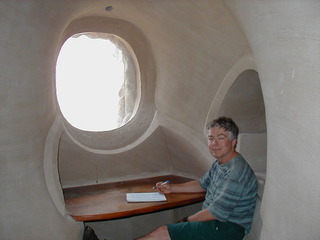Is intelligent life rare
We know it’s rare on earth…
Tamara Davis and I argued that one could estimate the probability of abiogenesis on other planets based on how rapidly it occurred on earth.4 The more rapidly on earth, the more probable elsewhere. Snyder-Beattie et al. use the same reasoning to connect the rapidity of a series of evolutionary transitions on earth to the probability of analogous transitions elsewhere. To better understand this approach, consider the following example. Suppose that you are a corvid ornithologist and that you have designed a range of puzzles for crows to solve.5 Some of the puzzles are easy; some are hard; and some are near impossible—but the difficulty of each puzzle is unknown. An experiment is then designed to determine the difficulty of all the puzzles. The amount of time taken to solve each puzzle and the number of puzzles solved is tracked carefully. If this process is repeated multiple times and the crow solves many puzzles quickly, it follows that the puzzles are easy. The puzzles solved quickest are the easiest, and, therefore, crows that can solve them should be commonplace. The puzzles that take the most time to solve are the hardest, and crows that can solve them rarer.
… analogous to our status on earth. We have been solving evolutionary puzzles for four billion years. Current modeling suggests that the habitable lifetime of the earth will come to an end in about one billion years, mostly due to the increasing luminosity of the sun and the resultant loss of water.6 The total habitable lifetime of the earth is therefore approximately five billion years. Our current situation is akin to that of the crow 40 minutes into a 50-minute experiment. We have 10 minutes left. The major transitions in the evolution of our lineage are the puzzles we have already solved.7
In this comparison, the emergence of life on earth would have taken place near the beginning of the 50-minute experiment. We solved that puzzle quickly. From this result we can infer that the emergence of life should be common in the universe. At the 40-minute mark in the experiment, we find that our human-like intelligence evolved only about a second ago. The fact that it took so long suggests that human-like intelligence is difficult to evolve and uncommon.8 This is the basic reasoning behind Snyder-Beattie et al.’s conclusion that intelligent life in the universe is rare.


0 Comments:
Post a Comment
<< Home